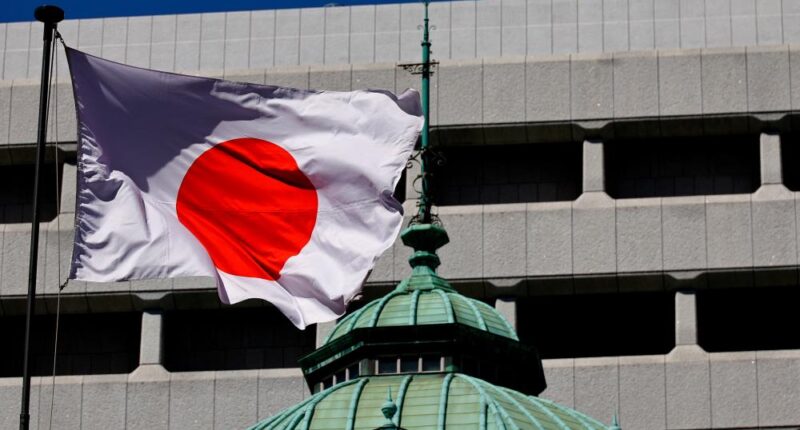In a historic move, the Bank of Japan (BOJ) has increased its key interest rate for the first time in 17 years, marking the end of an era of negative interest rates globally. This adjustment brings the key rate from -0.1% to a range between 0% and 0.1%. The decision comes in response to rising wages amid increased consumer prices, a significant shift in Japan’s monetary policy aimed at stimulating the country’s economy.
Since 2016, the BOJ had maintained its interest rate below zero as part of a strategy to invigorate Japan’s stagnating economic landscape. Alongside this rate hike, the central bank has also decided to abandon its yield curve control (YCC) policy, which involved purchasing Japanese government bonds to manage interest rates. Implemented in 2016, YCC has faced criticism for distorting market dynamics by preventing long-term interest rates from rising. Despite these changes, the BOJ plans to continue buying a similar amount of government bonds, with provisions to increase purchases should yields rise sharply.
This policy shift aligns with expectations that have been building since Kazuo Ueda assumed the role of BOJ governor in April of the previous year. Recent data indicated that Japan’s core consumer inflation has stabilized at the bank’s 2% target in January, despite a general slowdown in price increases. The central bank’s move was further bolstered by significant wage hikes from Japan’s major corporations, designed to alleviate the cost-of-living pressures on workers. This year, Japan’s largest companies agreed to a 5.28% salary increase, the most substantial in over three decades, signaling a departure from the wage stagnation that has characterized the Japanese economy since the late 1990s.
However, the resurgence of inflation presents a double-edged sword for Japan’s economy, potentially fostering productivity and domestic demand or exacerbating externally driven inflationary pressures. Looking forward, the BOJ has indicated a cautious approach, suggesting no further rate hikes are imminent as it expects to maintain “accommodative financial conditions for the time being.”
This monetary policy adjustment comes at a time when Japan’s economy shows signs of resilience, having recently avoided a technical recession with a revised GDP growth of 0.4% in the last quarter of 2023. The Nikkei 225, Japan’s main stock index, also achieved an all-time high this February, breaking a 34-year record.
Globally, central banks have been adjusting interest rates to combat inflationary pressures, a trend starkly contrasted by the BOJ’s recent policy shifts. As Japan navigates these changes, the world watches closely to see the impact on its economy and the global financial landscape.









